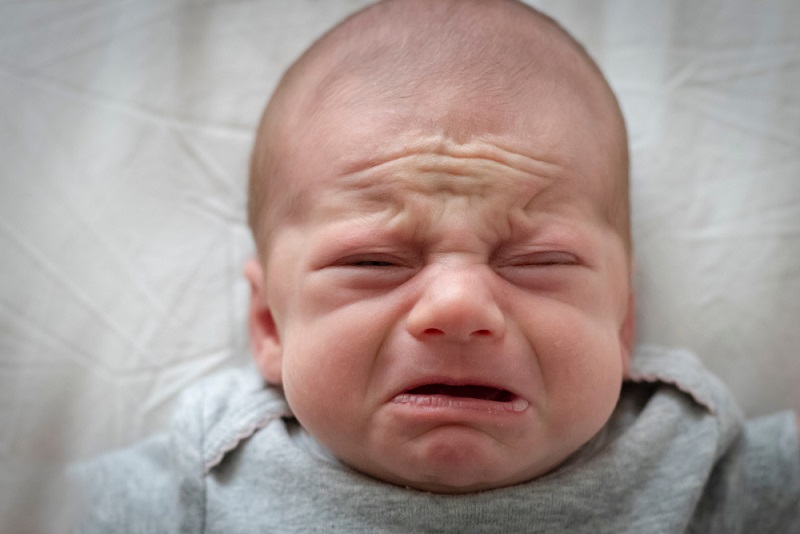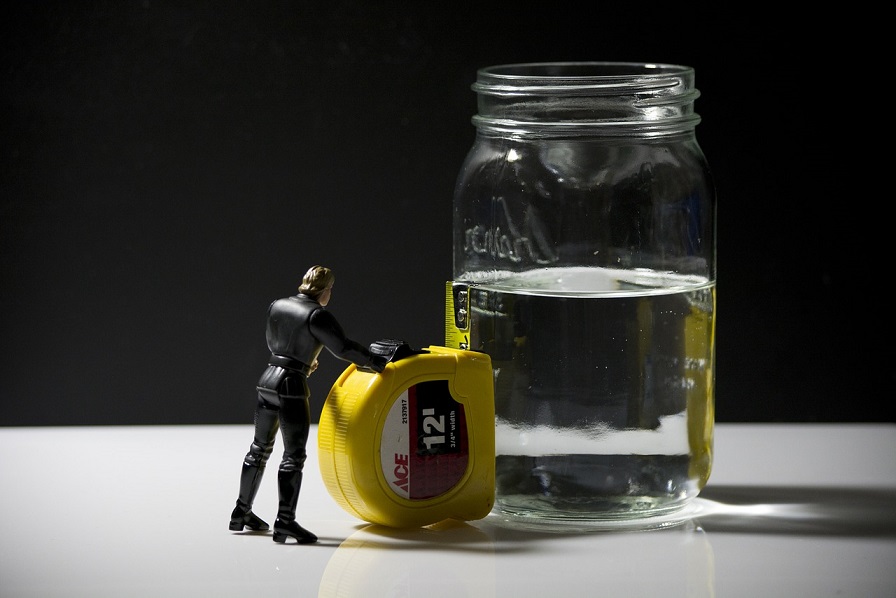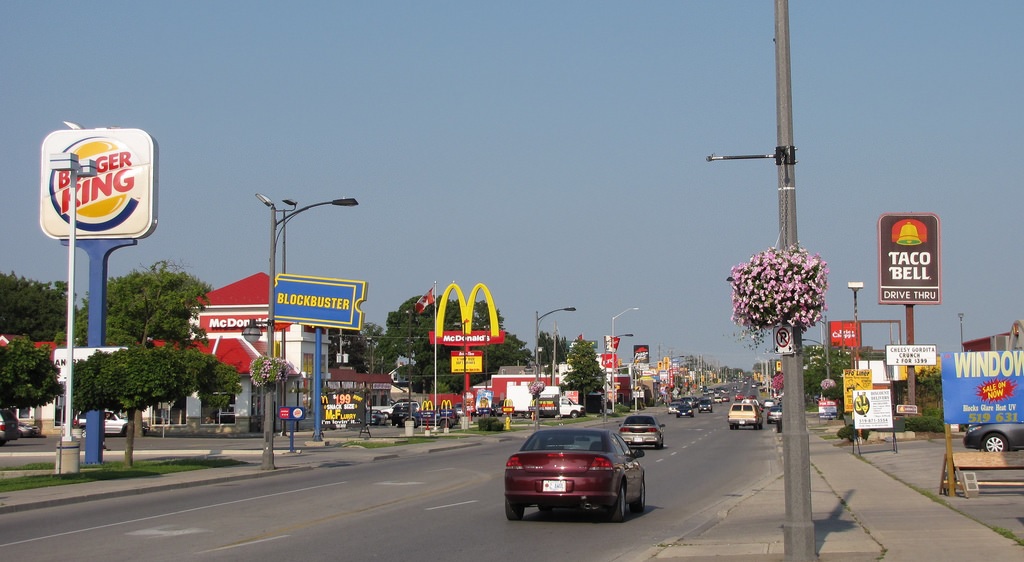We must all be dumb when it comes to figuring out what foods we need to survive and thrive. Or, at least that’s the impression one can get from our local market’s checkout counter; racks filled with magazines screaming headlines about the newest diets promising life-long health. Social media isn’t any better with millions of users promoting their go-to diets, many accompanied by photos of perfectly-shaped bodies that even Pixar animation would be jealous of.

And why not, the weight loss industry alone is worth over $167 billion. There are many people more than willing to take your money to tell you what to eat; which foods are good and which foods are bad, as if it’s as simple as telling who’s on the dark side or not.
Eating healthy certainly is important and there are plenty of people in the industry doing a good job guiding others how to do it. But are we really so terrible at figuring out what we should and shouldn’t eat we need to outsource and pay someone to tell us? If left to our own devices would our health and our life collapse into a black hole of bad eating?

When my daughter was born I became interested in how eating was regulated. The epidemic of child obesity was in full swing and I was worried how we could prevent this in their own child.
For the first six months she was exclusively breastfed and she made it very clear when she was hungry and when she was done. She instinctively knew how much food she needed and when she needed it.
Around the same time, studies started reporting that bottle-fed babies had a greater chance of being overweight compared to breastfed. It’s not clear why. It could be the infant formula isn’t exactly the same as breast milk, or it could be that parents now have a larger role in determining how much their baby eats. When bottle-feeding you can see how much formula the baby has had and how much is left. Because of this, parents may ensure all the formula in the bottle is used whether the baby is hungry or not. This might alter a child’s ability to self-regulate.
As children grow, most continue to be pretty good at knowing how much they need to eat. Sure as parents we provide their food but do we really have any idea how much two-year old should eat? Does anyone? Even in the health field, proper nutrition for infants and toddlers is based on their growth. No one is counting calories or nutrients for the kids.
Over time though, it may seem we lose the ability to self-regulate. We start to see ads on TV or elsewhere promoting fast foods, sugary cereals and roll-ups passed off as fruit but look anything like the real fruit they came from. We begin to question what we’re eating. We might also become unhappy with our weight and how we look since we don’t have the Tom Cruise or Jennifer Aniston body at the age of 50 even though weight and how we look doesn’t tell us whether we’re healthy or not. As a result, our relationship with food may get worse.

I’m more of a glass half-full kind of person. I don’t think we’ve really lost our ability to self-regulate. Yes obesity is on the rise and many chronic diseases have a nutritional component to them (think diabetes, heart disease, gout and even some cancers), but even still, most of us don’t see huge swings in our weight or health over short periods of time based on what we eat.
If we look back to what our weight was on Jan 1st last year and what it was on Dec 31st, most of us were likely within 1-3 pounds. To me that’s amazing. After 365 days of eating a variety of foods, being active and non-active on various days, our body still weighs about the same. Even though we’re not counting calories, measuring food or how much activity we get our body seems to get it just about right.
Now weight only tells us one dimension of nutrition; the balance of calories. There is much more to food and nutrition than just calories, and just because one’s weight doesn’t change doesn’t mean a person is eating healthy. And even if your weight goes up by only one pound per year, over 30 years, well, that’s 30 pounds, which can pose some health risks itself.
However, our body is naturally intuitive on how much food we need and what type. Yes, there are nuances to nutrition for eating healthy that our bodies may not quite fully get, but on the whole, it does a good job.
So why is obesity on the rise? Where did things go so wrong?

Over the last few decades, it’s not so much that we, as humans, have changed, it’s that our environment and food supply that have changed, along with our access to foods. Not all of us live in areas where getting healthy foods is easy. Many people live in so-called food deserts which are devoid of grocery stores, fruit and vegetable markets, and instead have a range of fast food restaurants and convenience stores selling highly processed, high-energy foods. It’s hard to eat healthy when you can’t buy healthy foods.
In addition, there’s all the advertising of foods, which are quick and easy, highly processed and have very little nutritional value. In marketing there’s a mantra: the less you need something, the more marketing goes into it. When was the last time you saw a TV ad for fresh fruits and vegetables?
The human body has evolved over thousands of years to ensure we can meet our nutritional needs. We have large stomachs so we can take in enough low energy dense food (think plants) to get much-needed nutrients. Our taste buds are designed to detect sweet and salty foods to indicate foods we need but are less abundant in naturally occurring foods.
What we’re exposed to now are foods that are highly processed and energy dense, yet nutritionally empty. These foods have been designed to be salty and sweet to take advantage of those years of evolution.
But eating these super processed foods comes at a price, as they change our ability to self-regulate and can lead to weight gain. In contrast, when people were given unlimited access to foods as close to their natural state as possible (unprocessed), food intake was well regulated and weight actually went down.
Left to it’s own devices, our body is an expert on how much food it needs and being able to focus on unprocessed foods can help it maintain that regulation for long-lasting health.
If you like this post, don’t forget to subscribe to my blog by clicking the FOLLOW button at the top of the right panel.


Leave a Reply